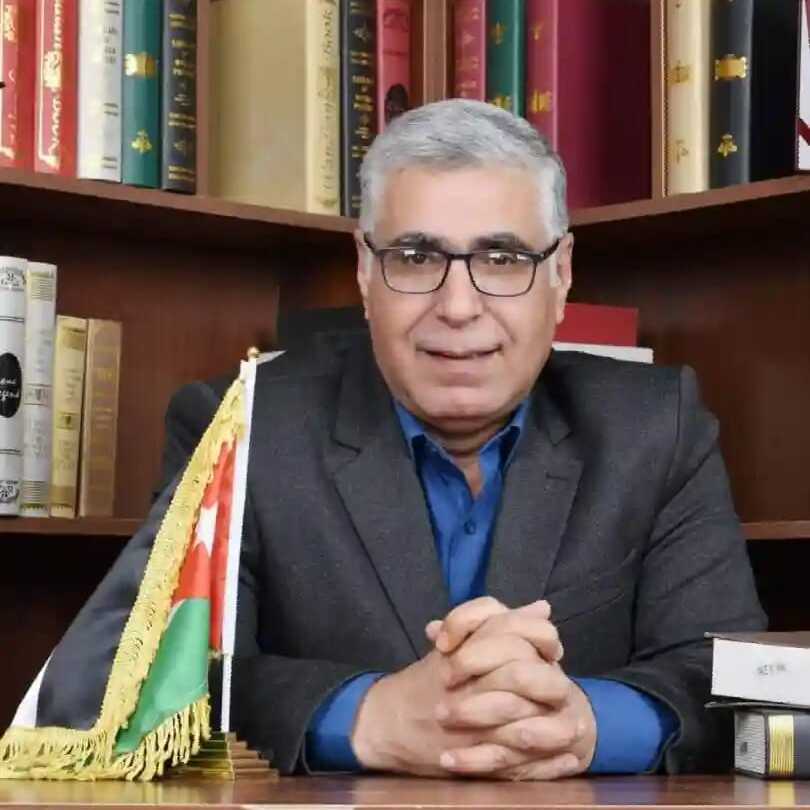The Islamic resistance group Hamas thanked Jordan’s King Abdullah II for his position in support of the Palestinians, specifically the Gaza Strip.
In a letter sent to Jordanian officials, the movement said that Jordan’s security is a red line, and “we must turn the page on any misunderstanding or disagreement”.
Hamas’s message focused on three issues. First, statements or interventions by the movement’s members which may have been misunderstood in Jordan. It explained that these were a means through which the leadership was paying tribute to the Jordanian people and not an effort to interfere in the country’s internal affairs.
The content and operative part of the letter, confirms that Hamas has no organisational relationship of any kind with the Jordanian Muslim Brotherhood, with an explanation including an indication that Hamas does not coordinate any of its programmes either in Jordan or abroad with the Muslim Brotherhood anywhere.
In this sense, the movement has clear and sharp organisational decisions and considers itself to be a Palestinian national resistance faction only without links to any currents abroad.
It stressed that the Hamas leadership was very satisfied with Jordan’s advanced position in support of Gaza and reaffirmed its strong appreciation of the role played against the aggression by His Majesty King Abdullah in person. Adding that His Majesty’s and Jordan’s role in dismantling the blockade and delivering aid was welcome and highly beneficial.
Hamas explained that it believes Jordan’s internal security and stability, its integrity and the survival of its institutions are an essential part of the plans to confront the right-wing Israeli project.
READ: Hamas: Mistreatment of Gaza prisoners reveals Israel’s sadism
The views expressed in this article belong to the author and do not necessarily reflect the editorial policy of Middle East Monitor.


![King Abdullah II of Jordan speaks during the United Nations General Assembly (UNGA) in New York, US, on September 19, 2023 [Jeenah Moon/Bloomberg via Getty Images]](https://i0.wp.com/www.middleeastmonitor.com/wp-content/uploads/2024/04/GettyImages-1676979901-scaled.jpg?fit=1200%2C800&ssl=1)









